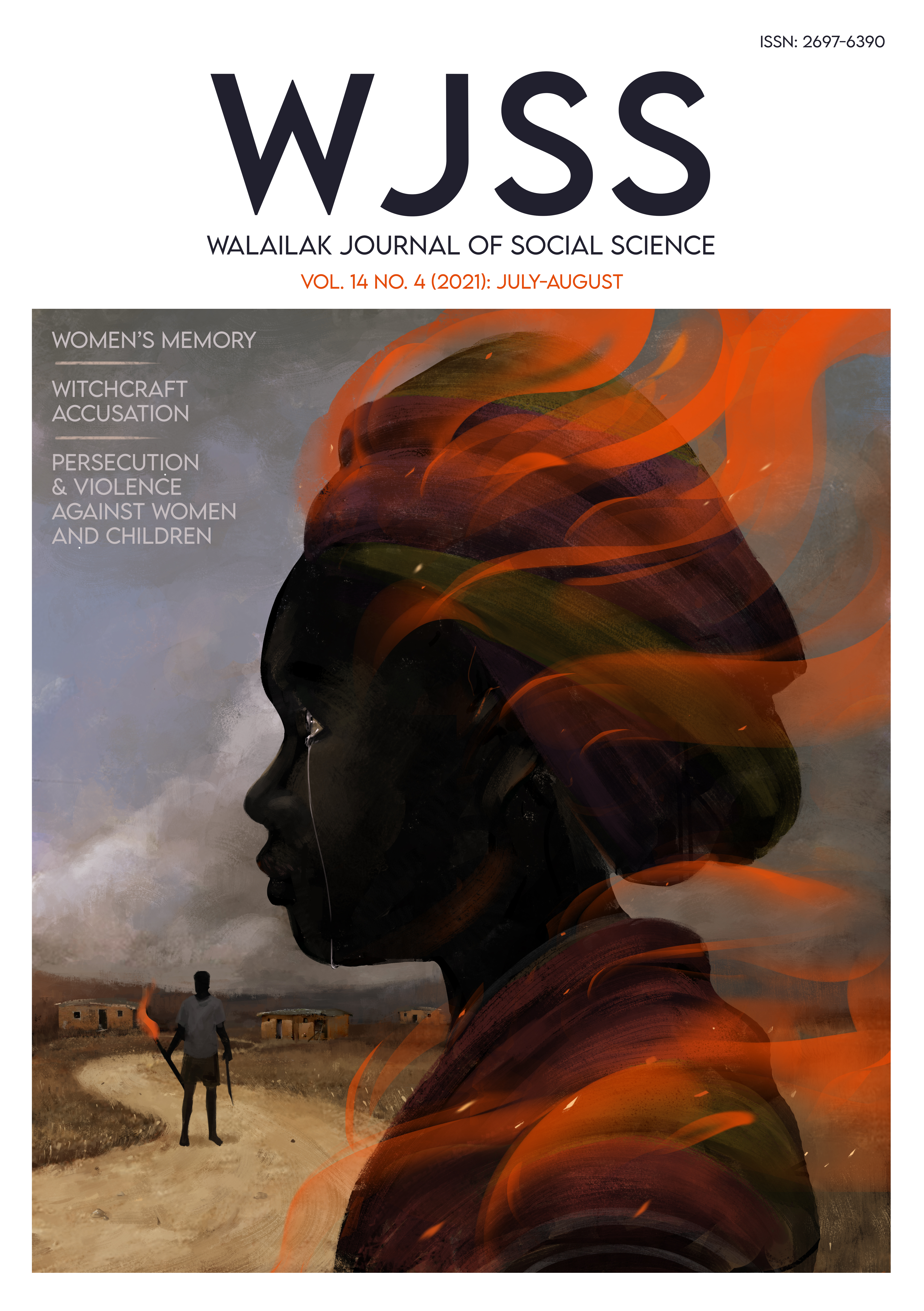Making Sense of Online Classes during Quarantine due to the COVID-19 Pandemic: Students’ Perceptions from a Philippine University
Main Article Content
Abstract
Understanding students’ experiences towards online learning can help in devising innovative pedagogical approaches and creating effective online learning spaces. This study aimed to solicit the perception of 80 undergraduate students in one of the leading private institutions in the Philippines towards the compulsory shift from a blended to fully online learning modality amidst the novel coronavirus (COVID-19) pandemic. The study used a descriptive research design involving online surveys which contained Likert scale items and open-ended questions assessing one’s capacity for and the challenges to online learning, as well as the proposed recommendations for enhancing the overall online class experience. Descriptive statistics was used to group data across different subsets. Likewise, a content analysis of qualitative variables of the actual experiences of online classes using the school’s learning management system was prepared. Results indicate four self-perceived challenges in online learning: technological and infrastructural difficulties, individual readiness, instructional struggles, and domestic barriers. The study recommends re-evaluation and modification of current online learning guidelines to address the aforesaid challenges and build a genuinely resilient model for technology-driven and care-centered education based on student recommendations and challenges experienced.
Article Details
Copyright: CC BY-NC-ND 4.0
References
Adnan, M., & Anwar, K. (2020). Online learning amid the COVID-19 pandemic: Students’ perspectives. Online Submission, 2(1), 45-51.
Ali, I. (2020). The covid-19 pandemic: Making sense of rumor and fear: Op-ed. Medical Anthropology, 39(5), 376-379.
Alves, P., Miranda, L., & Morais, C. (2017). The influence of virtual learning environments in students’ performance. Universal Journal of Educational Research, 5(3), 517-527.
Atmojo, A. E. P., & Nugroho, A. (2020). EFL classes must go online! Teaching activities and challenges during COVID-19 pandemic in Indonesia. Register Journal, 13(1), 49-76.
Barker, J., & Gossman, P. (2013). The learning impact of a virtual learning environment: students’ views. Teacher Education Advancement Network Journal, 5(2), 19-38.
Blasiman, R. N., Larabee, D., & Fabry, D. (2018). Distracted students: A comparison of multiple types of distractions on learning in online lectures. Scholarship of Teaching and Learning in Psychology, 4(4), 222.
Bokayev, B., Torebekova, Z., Davletbayeva, Z., & Zhakypova, F. (2021). Distance learning in Kazakhstan: estimating parents’ satisfaction of educational quality during the coronavirus. Technology, Pedagogy and Education, 30(1), 27-39.
CHED. (2020). Guidelines on the implementation of flexible learning (pp. 1-10). Philippines: Commission on Higher Education.
Chhetri, C. (2020). “I Lost Track of Things” Student experiences of remote learning in the Covid-19 pandemic (pp. 314-319). In Proceedings of the 21st Annual Conference on Information Technology Education.
Cucinotta, D., & Vanelli, M. (2020). WHO declares COVID-19 a pandemic. Acta Bio Medica: Atenei Parmensis, 91(1), 157.
Dong, E., Du, H., & Gardner, L. (2020). An interactive web-based dashboard to track COVID-19 in real time. The Lancet Infectious Diseases, 20(5), 533-534.
Erlingsson, C., & Brysiewicz, P. (2017). A hands-on guide to doing content analysis. African Journal of Emergency Medicine, 7(3), 93-99.
Fawaz, M., & Samaha, A. (2021). E‐learning: Depression, anxiety, and stress symptomatology among Lebanese university students during COVID‐19 quarantine. Nursing Forum, 56(1), 52-57.
Hampel, R., & Pleines, C. (2013). Fostering student interaction and engagement in a virtual learning environment: An investigation into activity design and implementation. Calico Journal, 30(3), 342-370.
Henaku, E. A. (2020). COVID-19 online learning experience of college students: The case of Ghana. International Journal of Multidisciplinary Sciences and Advanced Technology, 1(2), 54-62.
Himat, A. N., Takal, M. H., & Hakimi, M. F. (2021). Afghan students ‘satisfaction from online learning during covid-19 at Kandahar University, Kandahar, Afghanistan. American International Journal of Social Science Research, 6(1), 16-29.
Joaquin, J. J. B., Biana, H. T., & Dacela, M. A. (2020). The Philippine Higher Education Sector in the Time of COVID-19. Frontiers in Education, 5(1), 208.
Majumdar, P., Biswas, A., & Sahu, S. (2020). COVID-19 pandemic and lockdown: cause of sleep disruption, depression, somatic pain, and increased screen exposure of office workers and students of India. Chronobiology International, 37(8), 1191-1200.
Mendoza, R. U. (2020). Economics of lockdown: Insights on building back better in post-pandemic Philippines. Perspective, 74, 1-8.
Mogus, A. M., Djurdjevic, I., & Suvak, N. (2012). The impact of student activity in a virtual learning environment on their final mark. Active Learning in Higher Education, 13(3), 177-189.
Murphy, L., Eduljee, N. B., & Croteau, K. (2020). College student transition to synchronous virtual classes during the COVID-19 pandemic in Northeastern United States. Pedagogical Research, 5(4), em0078.
OECD. (2020). OECD economic outlook, interim report September 2020. Paris: OECD Publishing.
Subekti, A. S. (2021). Covid-19-triggered online learning implementation: Pre-service English teachers’ beliefs. Metathesis: Journal of English Language, Literature, and Teaching, 4(3), 232-248.
Vallejo Jr, B. M., & Ong, R. A. C. (2020). Policy responses and government science advice for the COVID 19 pandemic in the Philippines: January to April 2020. Progress in Disaster Science, 7, 100115.
Xhelili, P., Ibrahimi, E., Rruci, E., & Sheme, K. (2021). Adaptation and perception of online learning during COVID-19 pandemic by Albanian University students. International Journal on Studies in Education, 3(2), 103-111
Xu, D., & Jaggars, S. S. (2013). Adaptability to online learning: differences across types of students and academic subject areas (CCRC Working Paper No. 54). New York: Community College Research Center, Teachers College, Columbia University.


